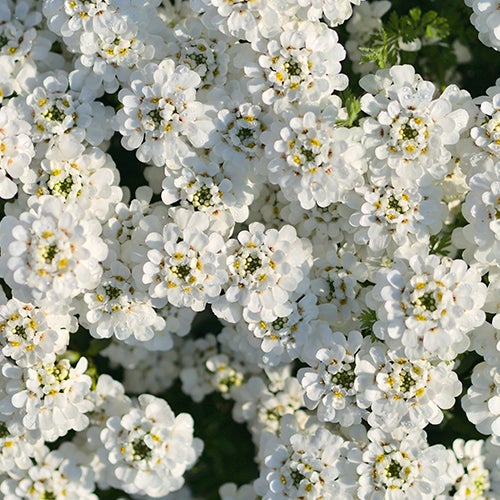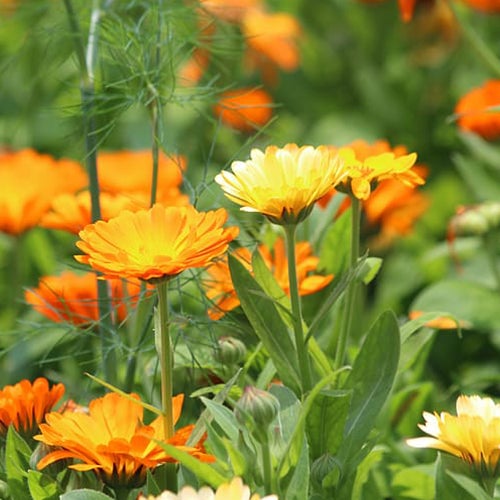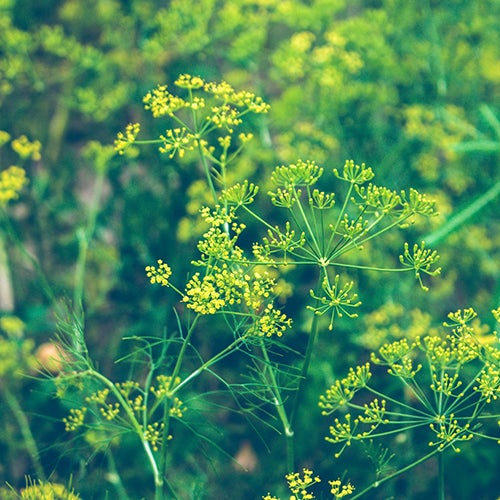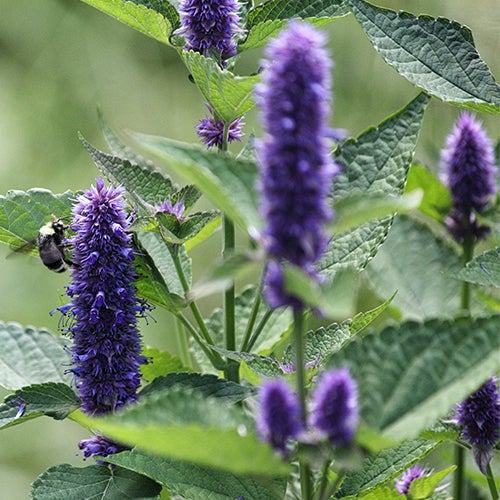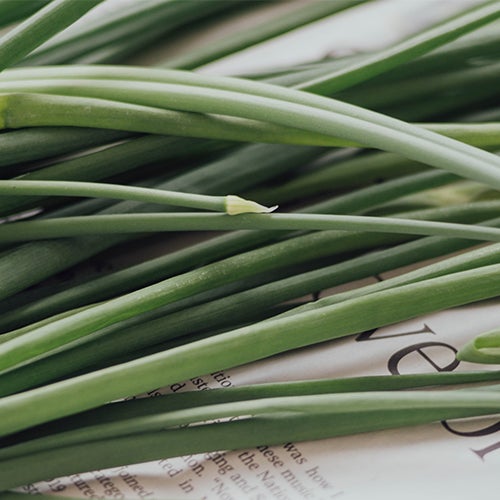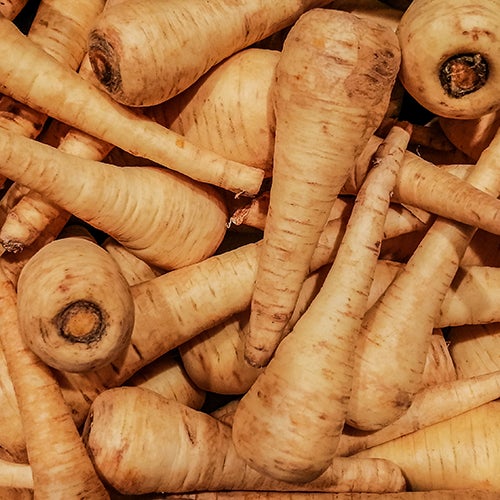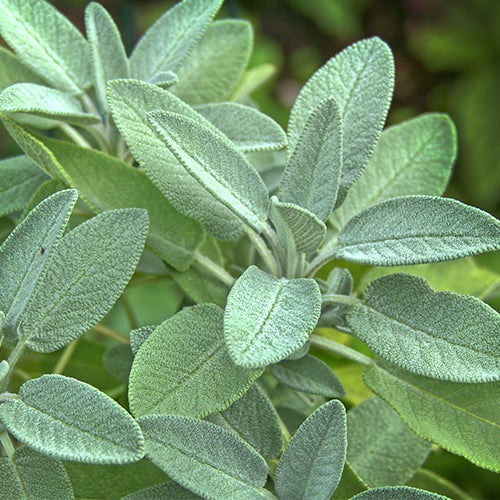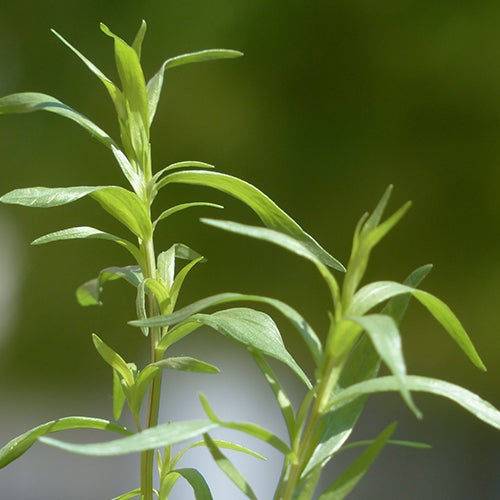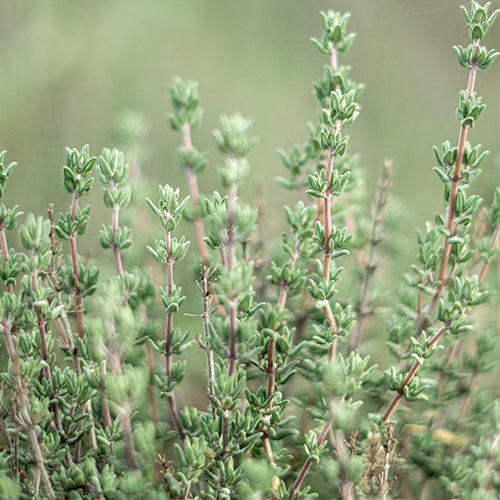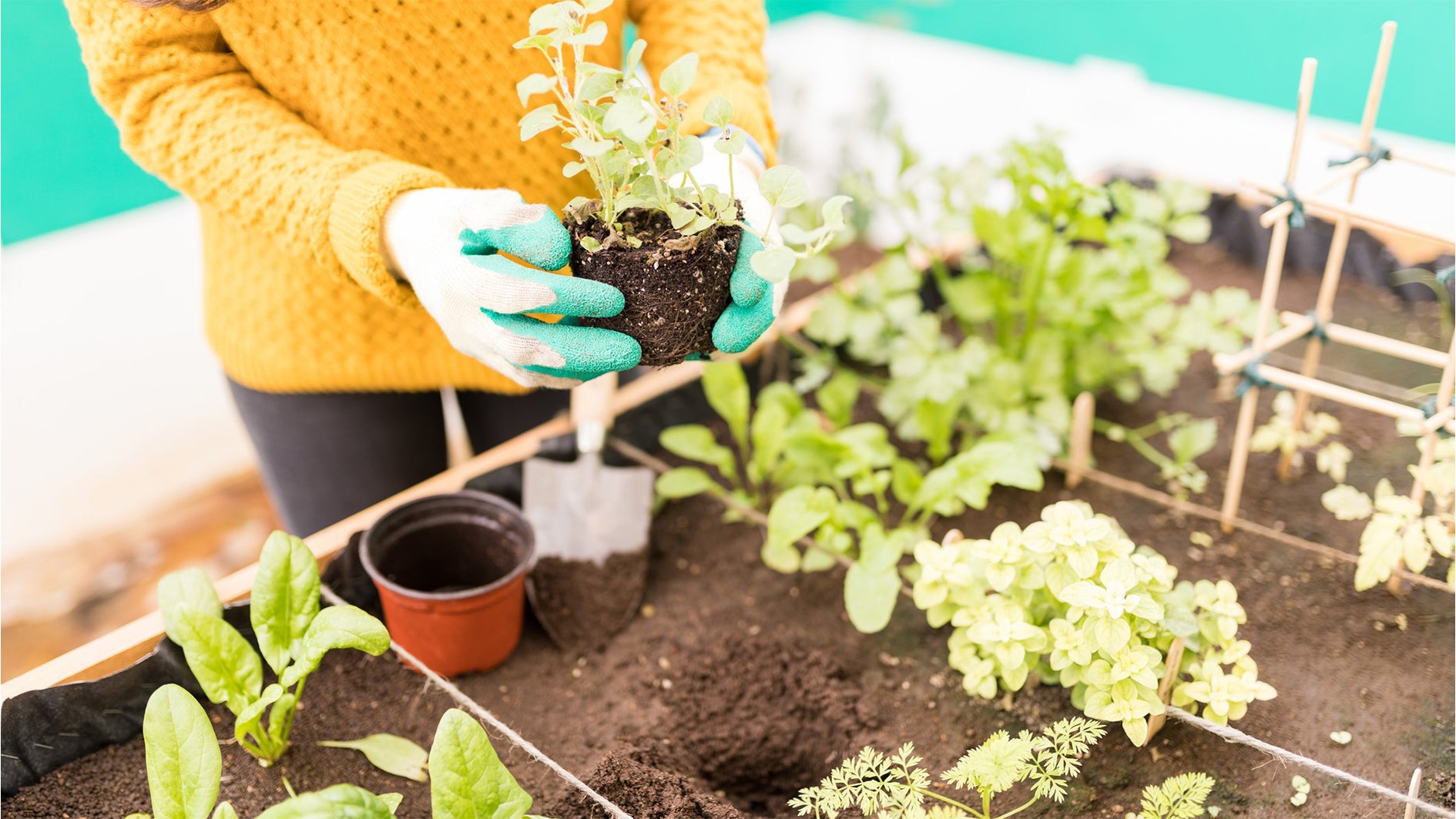
Companion Planting
08 Oct, 2021
While match making your veggies with companion plants may at times seem complicated, you will be rewarded with a happy and healthy ecosystem within your garden, where veggies will thrive without the need to resort to insecticides.
Companion Plants
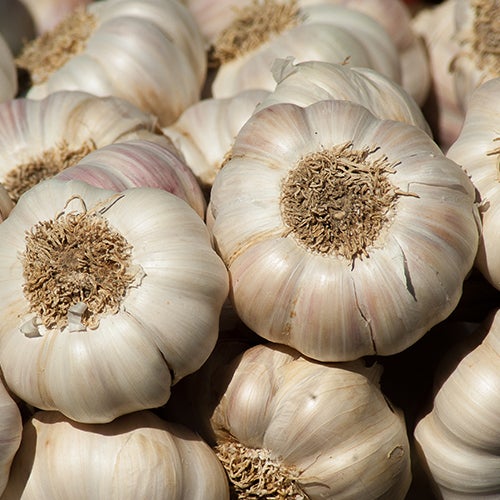
Alliums (garlic, onions, leeks, etc.)
Aside from being essential in the Kitchen, the plants of the allium family also have a number of qualities that makes them useful as companion plants. They help repel/distract slugs, snails, aphids and carrot flies and are good to plant around Fruit trees, Tomatoes, Peppers, Potatoes, Brassicas and Carrots. Growing Carrots and various members of the allium family together is a particularly good combination as they both discourage pests that affect the other.
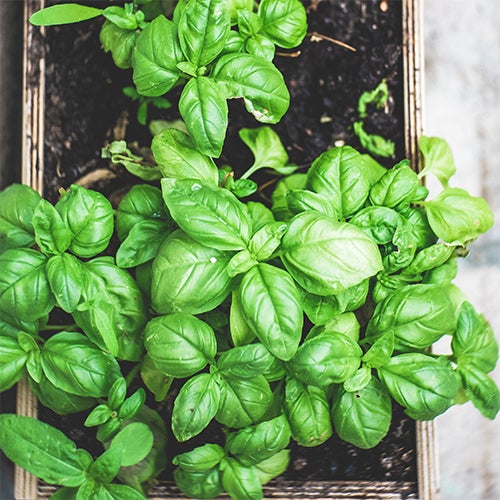
Basil
Acts as an attractant for butterflies when it flowers, repels/distracts flies and mosquitoes, and also tastes great. It is a great herb to plant next to tomatoes for not only do they compliment each other taste-wise, but it is also believed to helps repel a variety of pests and diseases, and can help improve the flavour of the tomatoes grown nearby.
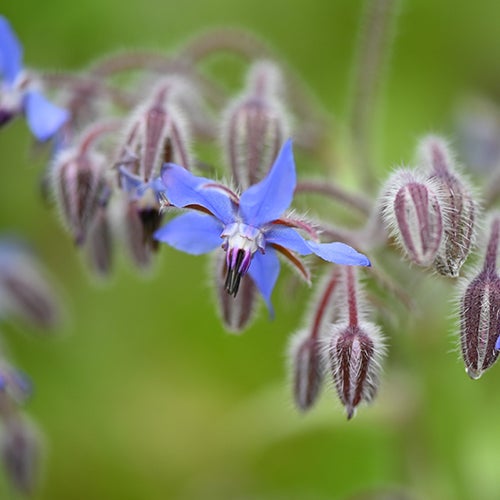
Borage (blue)
Borage is a particularly good companion plant and is believed to help many plants grow better (particularly Strawberries, Tomatoes and Cucumbers). In addition, the folwer is edible which is used in confectionary toppings, and acts as an attractant for predatory insects (that prey on pests) and bees.
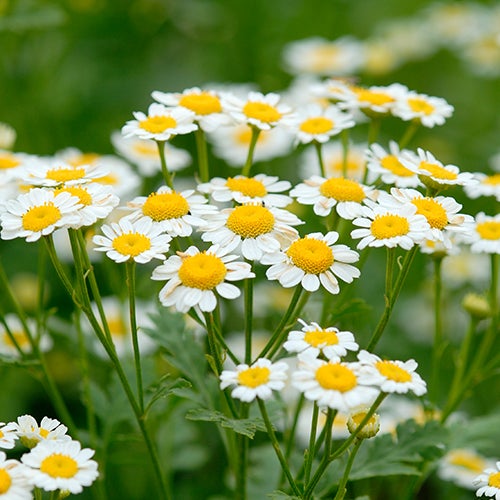
Chamomile
Aside from making delicious herbal tea, this pretty little herb acts as an attractant for hoverflies and predatory wasps (which will attack caterpillars and grubs). This plant makes a great companion for most plants in the garden, is believed to aid in the oil production of herbs like basil and mint (intensifying their flavour), and is sometimes known as the 'plant doctor' due to the effect that it has when planted near sickly plants.
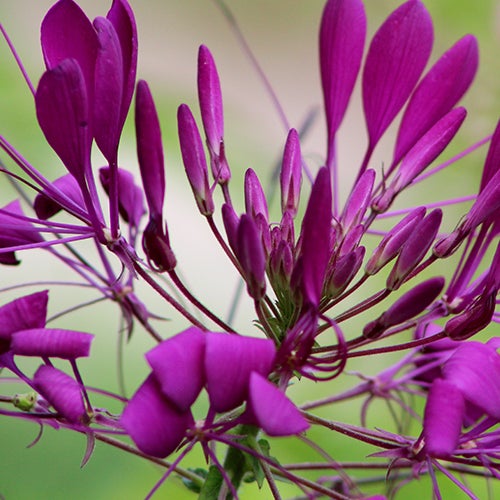
Cleome
This large, fast growing annual herb looks great and can help draw lots of beneficial insects into the garden, while also attracting shield bugs. Which may sound like a problem but, when planted in the right areas, this means that they can hopefully draw them away from your Tomatoes, Beans and any other plants that the shield bugs sometimes attack.
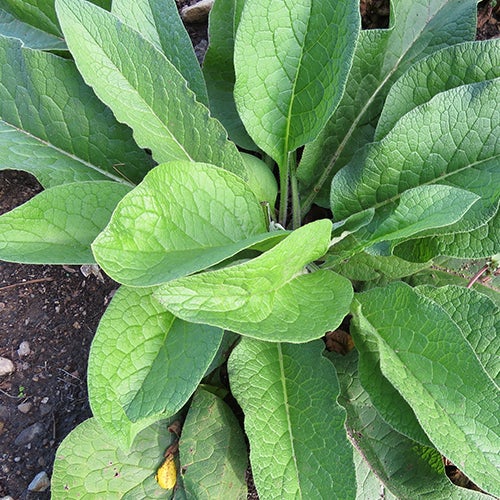
Comfrey
While it is unwise to plant this in your veggie beds (it can quickly become a pain due to its ability to begin growing from small bits of its roots) it is a useful and versatile plant to have in the garden. Great to plant in your orchard under Fruit trees, as they accumulate calcium, phosphorus and potassium (useful for fruiting) while they grow, and can easily be chopped back and used as mulch. The flowers attract a variety of beneficial insects, and its leaves make an effective barrier against many otherwise frustrating weeds.
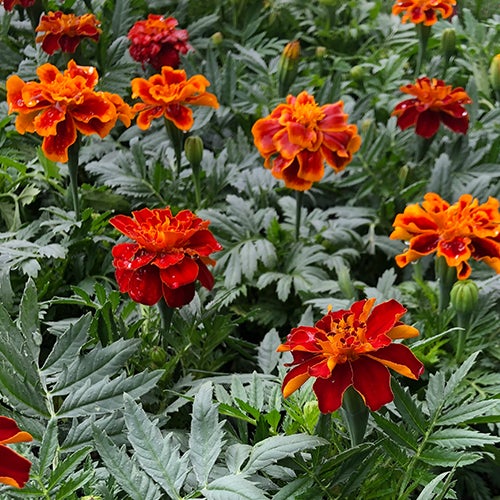
Marigolds
Marigolds are often planted as a border around other flowers or veges as their scent will help keep away many pests. The roots produce a powerful insecticide that will often deter pest in the soil (such as nematodes) for years after they have gone. The larger Mexican Marigold is even believed to help deter rabbits from coming into your garden. However, you should also be aware that slugs and snails are quite happy to demolish your plants.
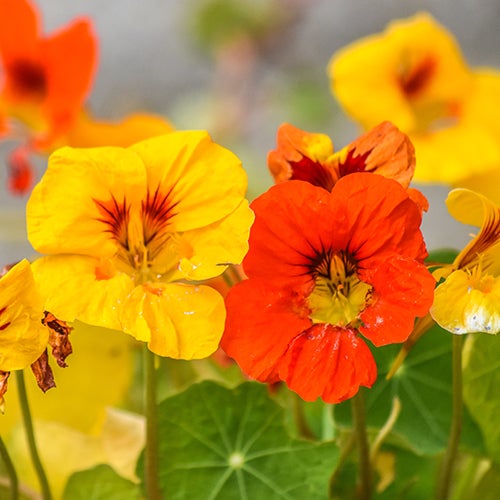
Nasturtiums
These plants attract white butterflies to such an extent that Cabbages and other Brassicas are often ignored. Though it is worth cutting the Nasturtiums back regularly to avoid having too many caterpillars in your garden. Both the leaves and the flowers are edible and can provide an attractive peppery addition to any salads you wish to make.
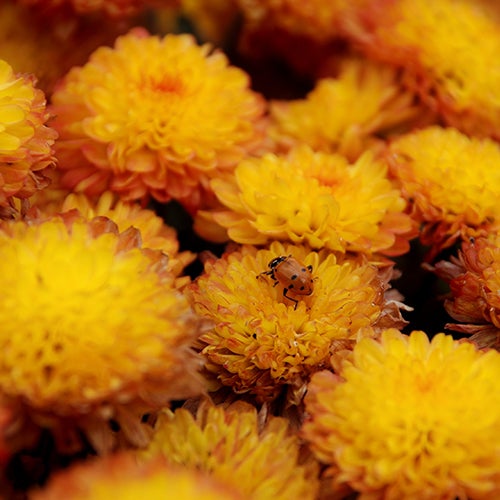
Tansy
Helps to concentrate the potassium in your soil, which makes it great to plant near Fruit trees, Tomatoes, Beans and Squashes. Tansy acts as a good general insect repellant deterring many non-nectar eating insects (including many of the ants that periodically invade the kitchen), while also attracting useful insects like bees. However, tansy is somewhat toxic to mammals, so take care around children and livestock.
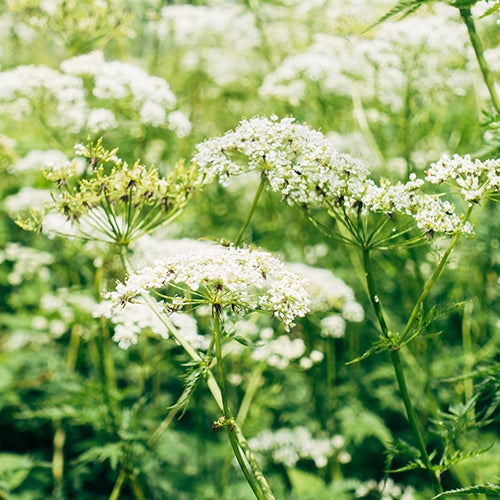
Yarrow
Once known as herbal militaris as a result of it being used to staunch the flow of blood from wounds during antiquity, this pretty herb now has a variety of more peaceful uses in our gardens. It helps attract a variety of beneficial insects, including ladybirds, predatory wasps, and hoverflies, while repelling some other pests. It is also a useful addition to your compost heap, adding minerals as well as speeding the whole composting process up.
